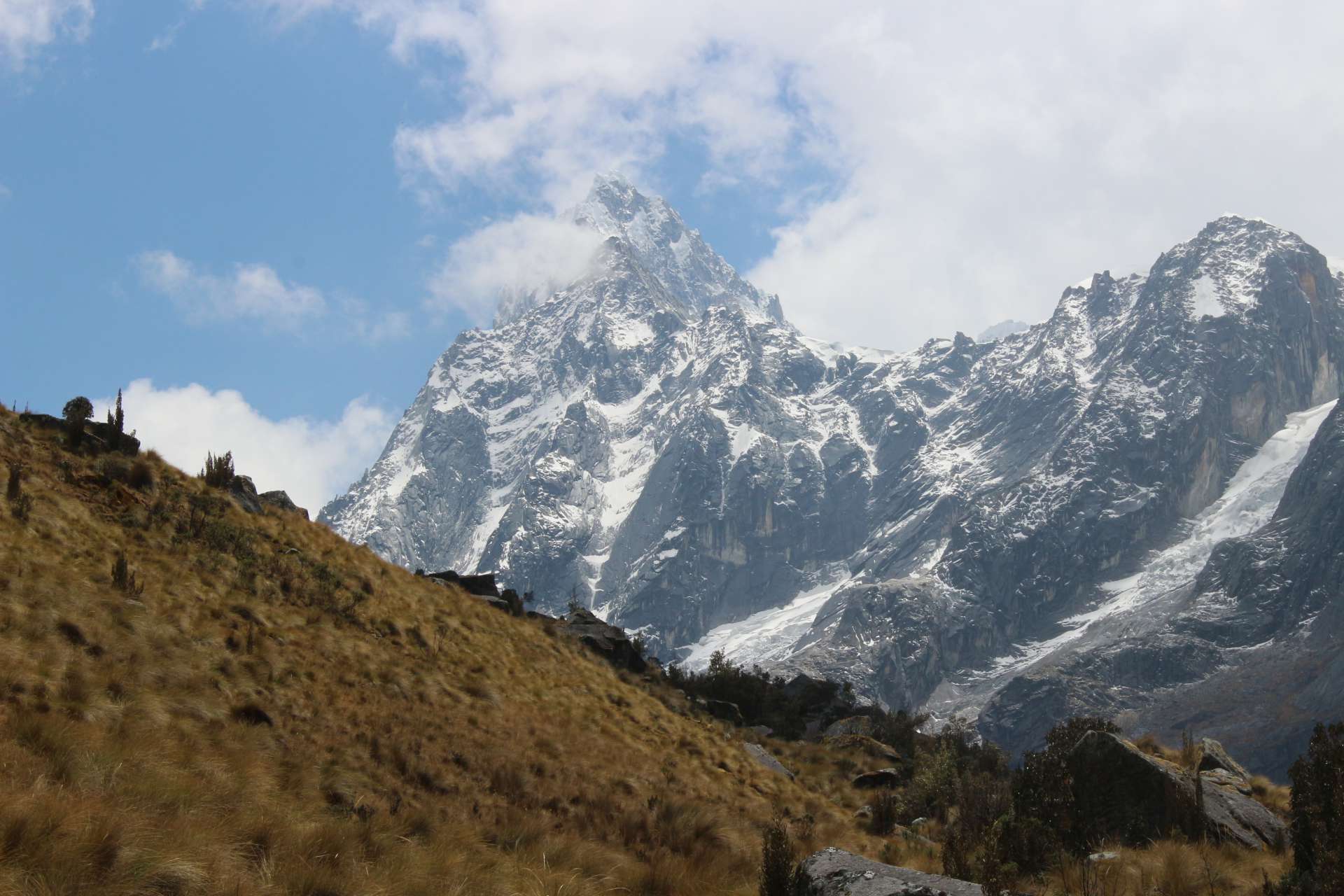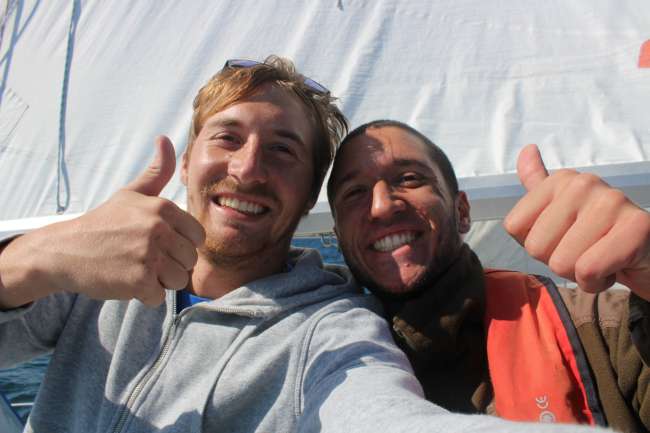Expedition - On the Trail of the Incas
شايع ٿيل: 27.12.2016
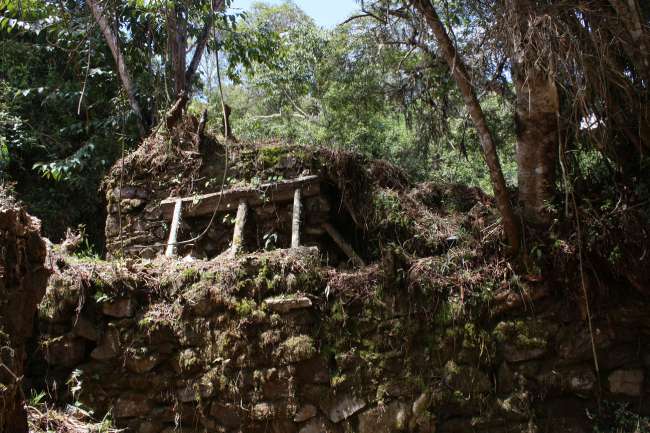
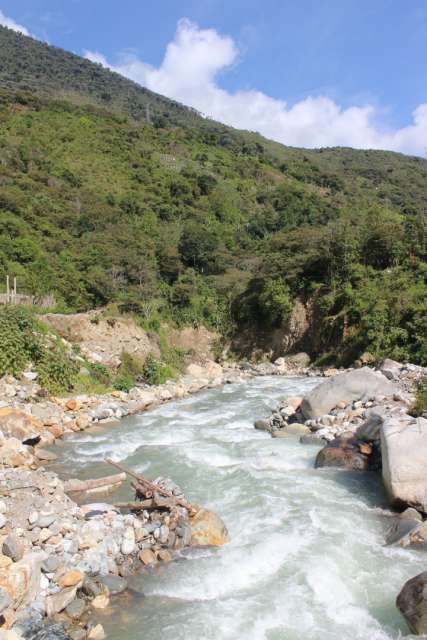
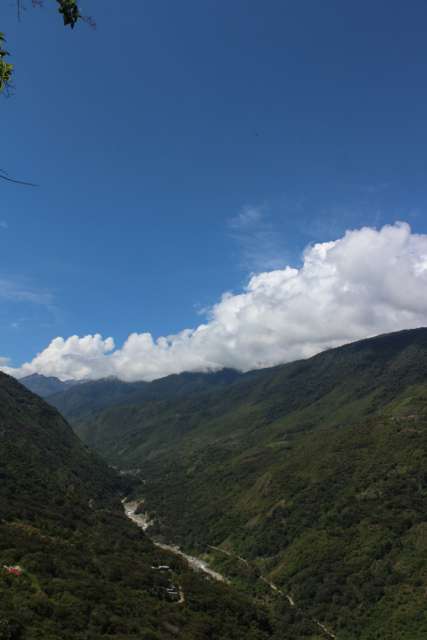
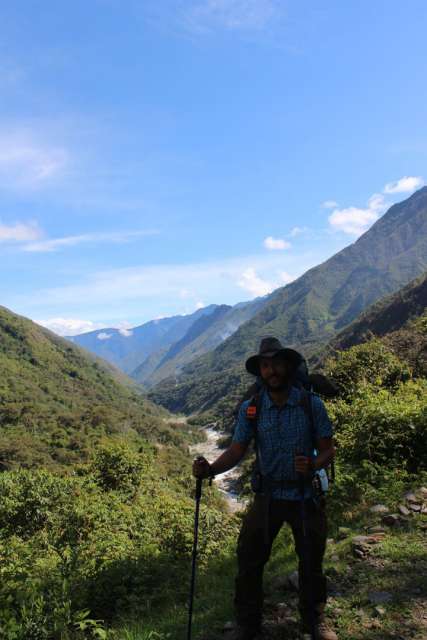
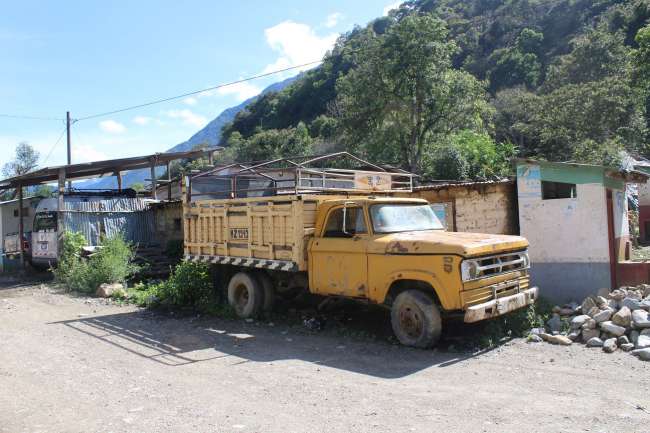
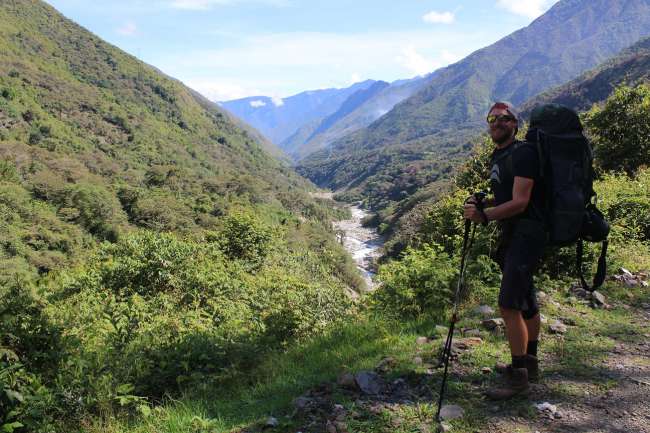
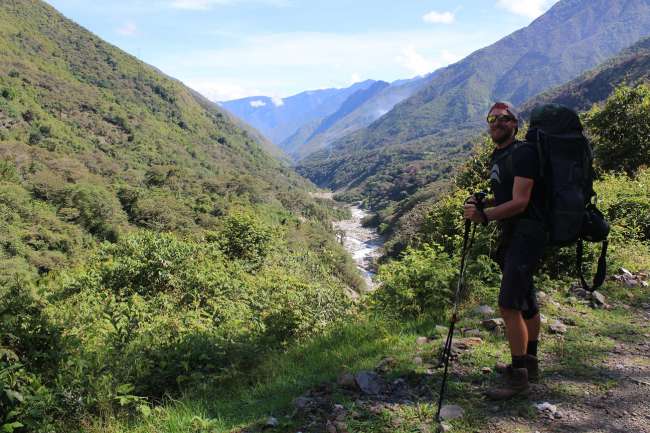
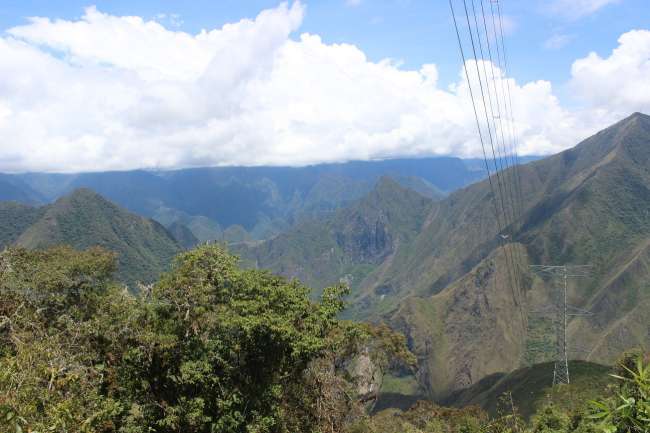
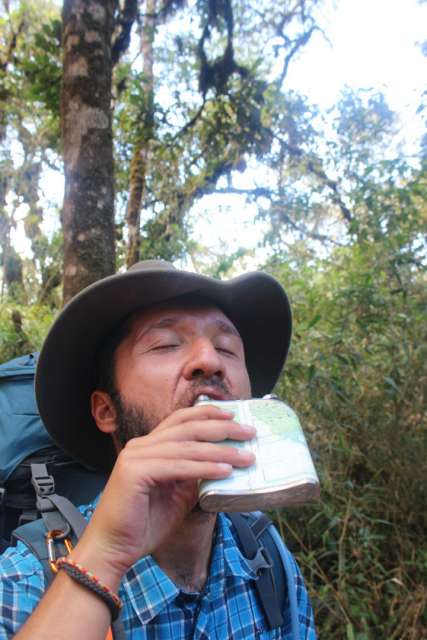
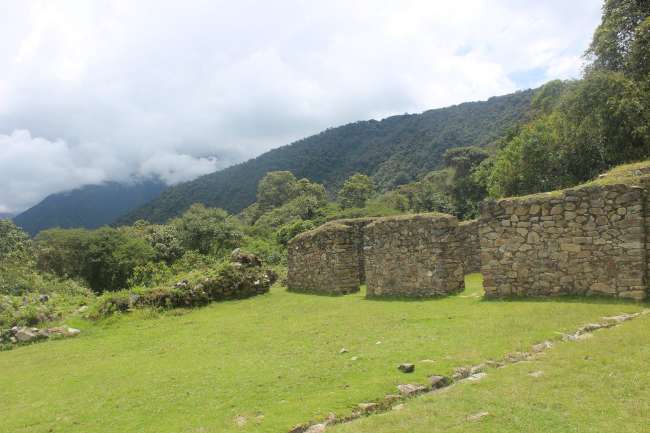
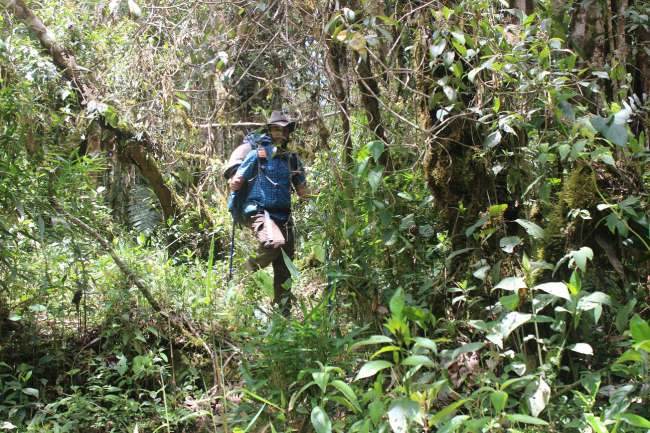
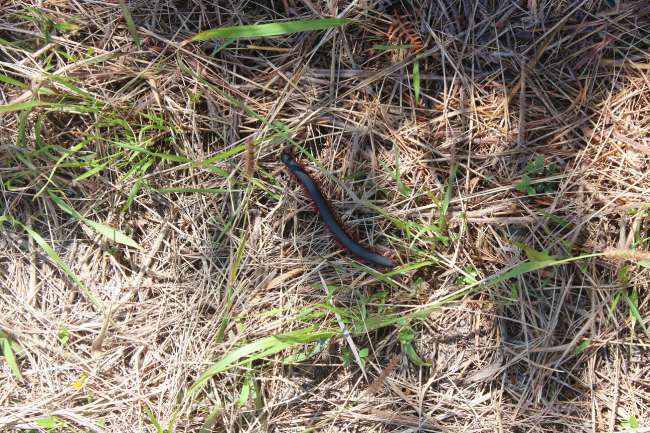
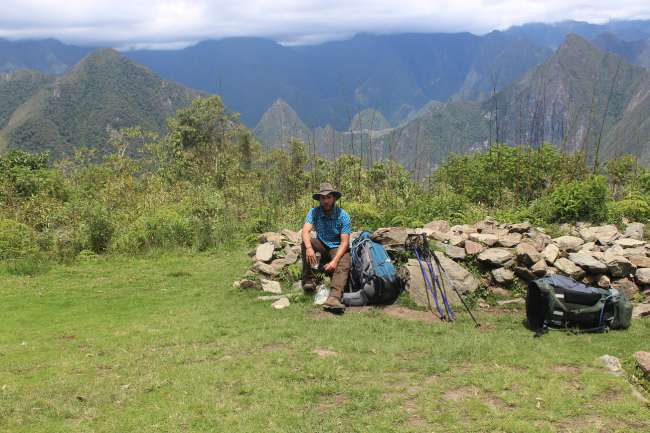
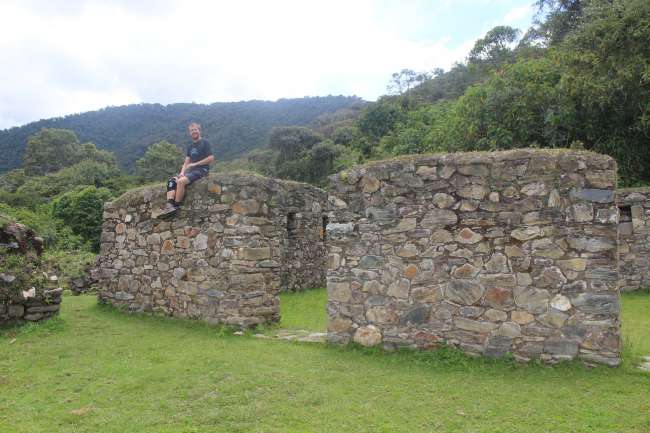
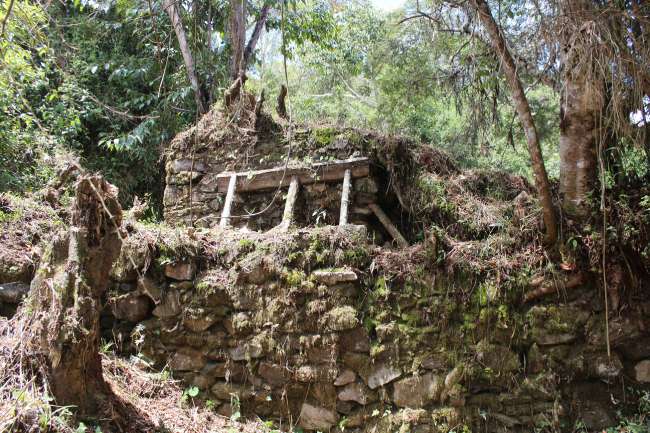
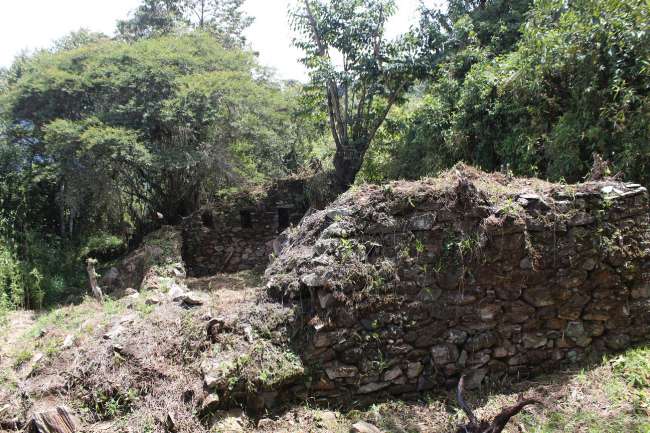
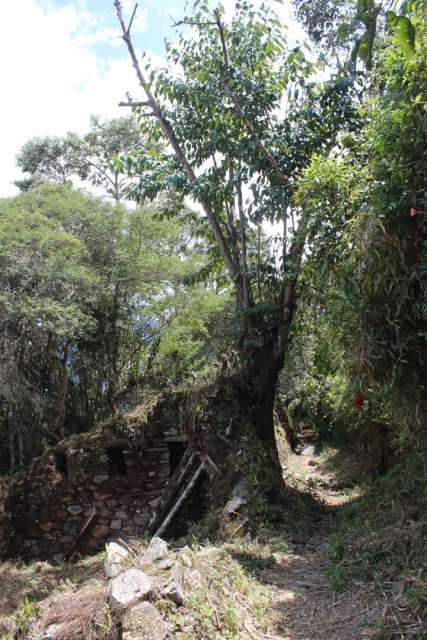
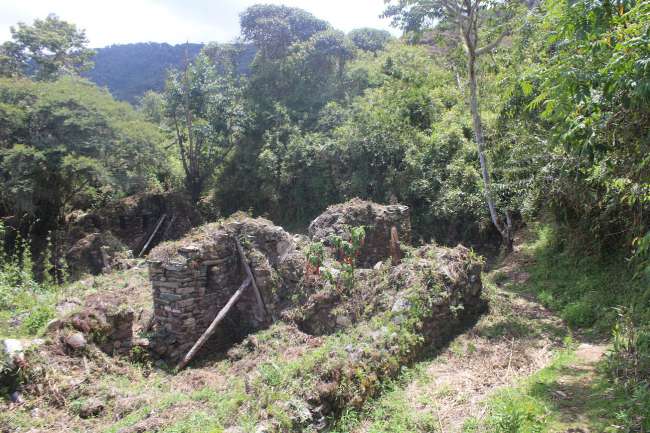
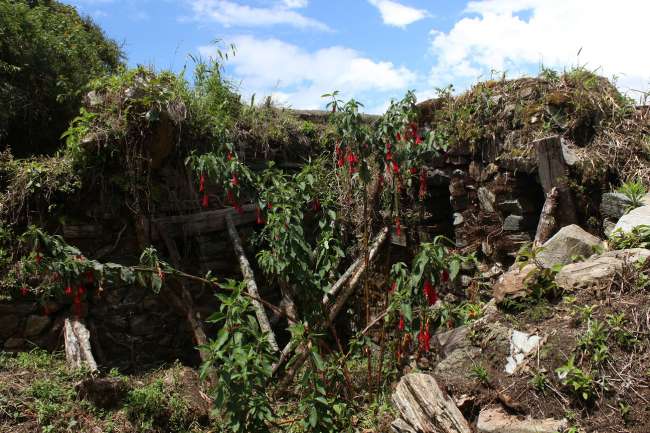
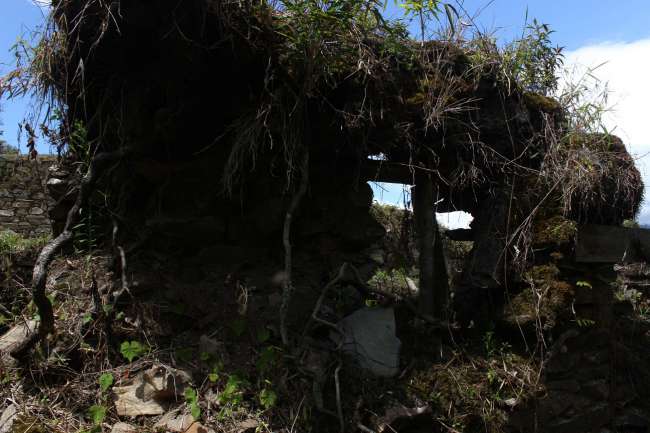
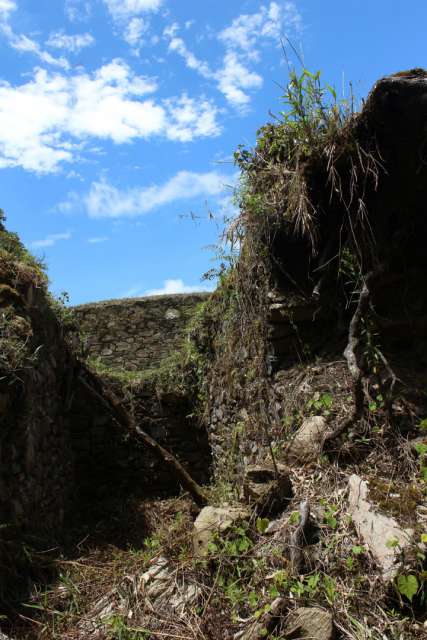
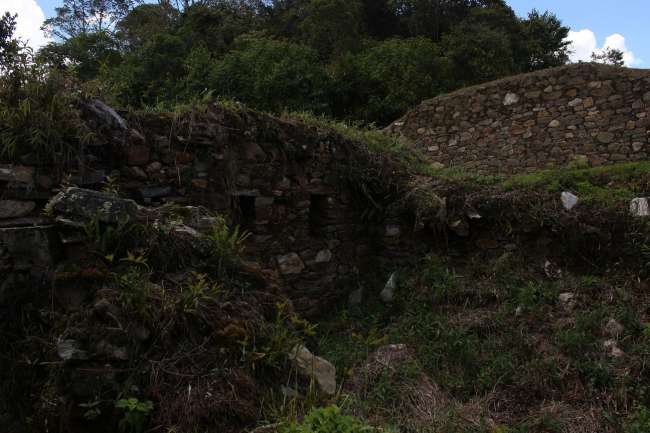
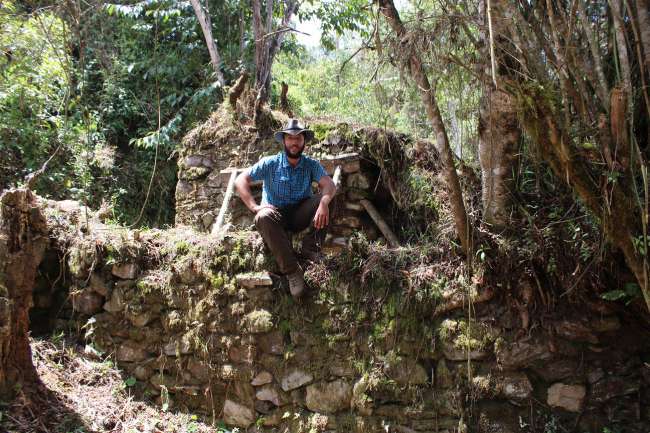
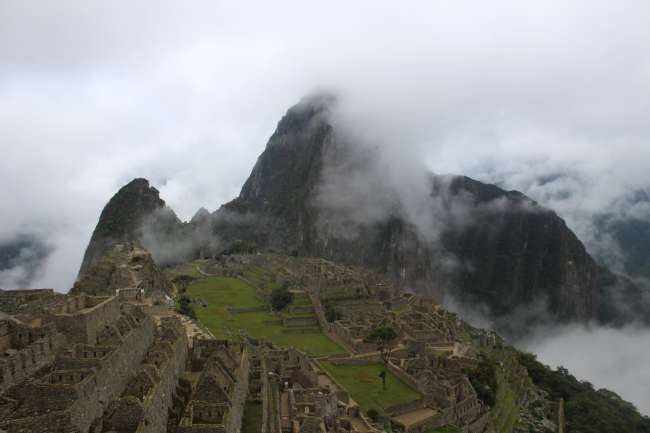
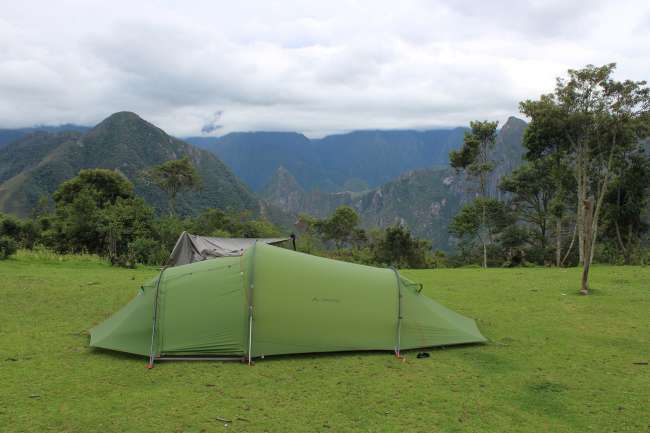
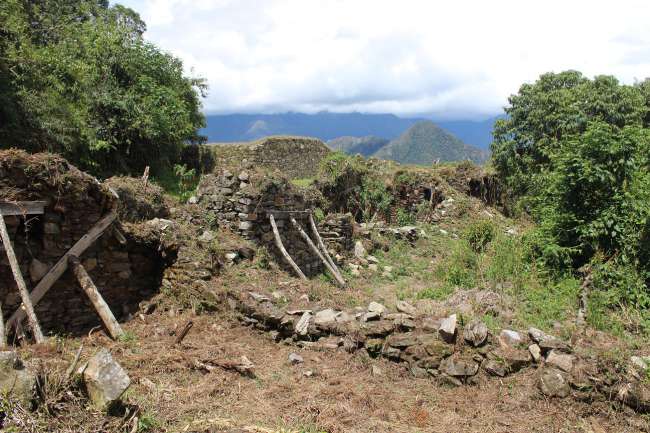
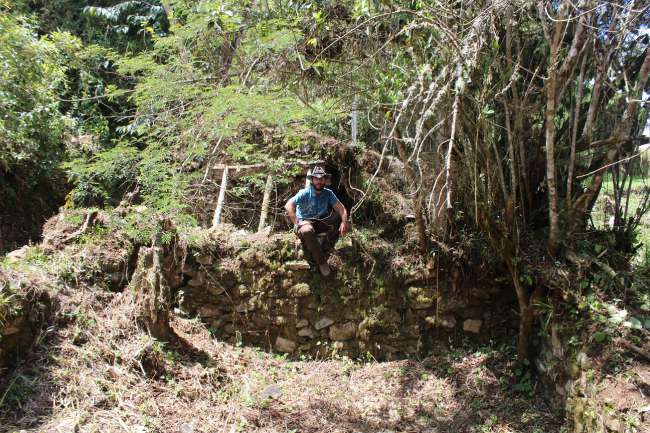
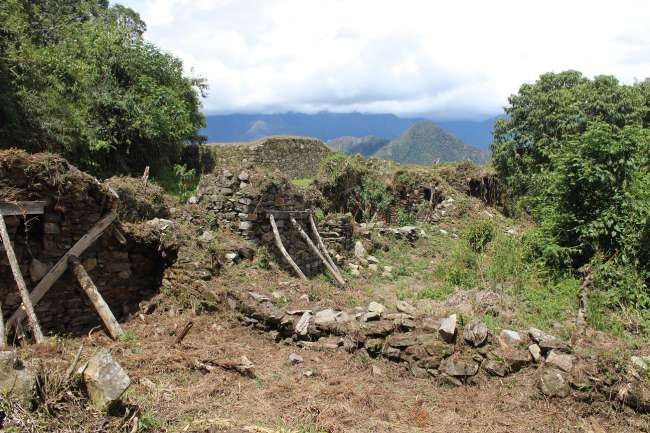
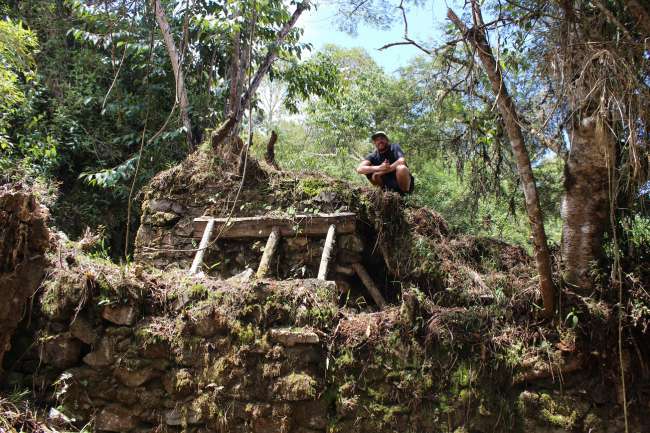
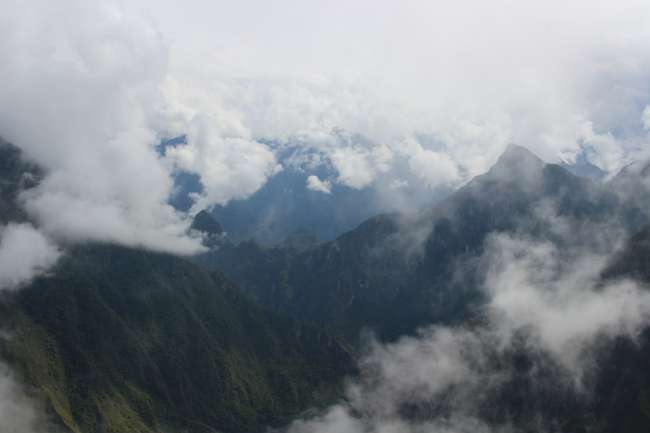
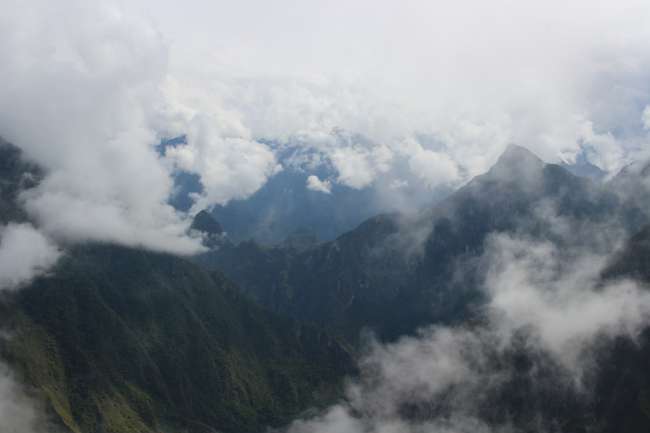
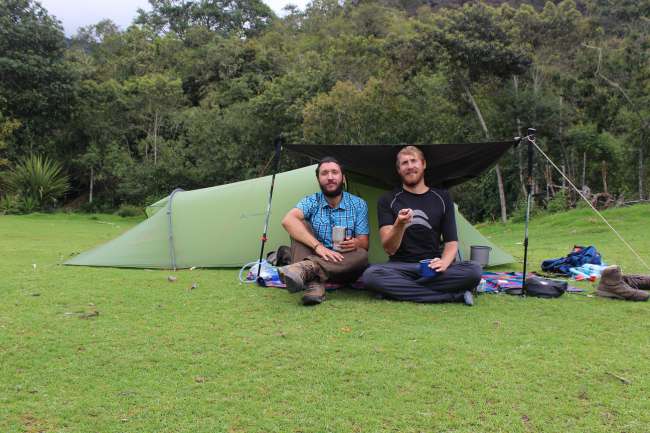
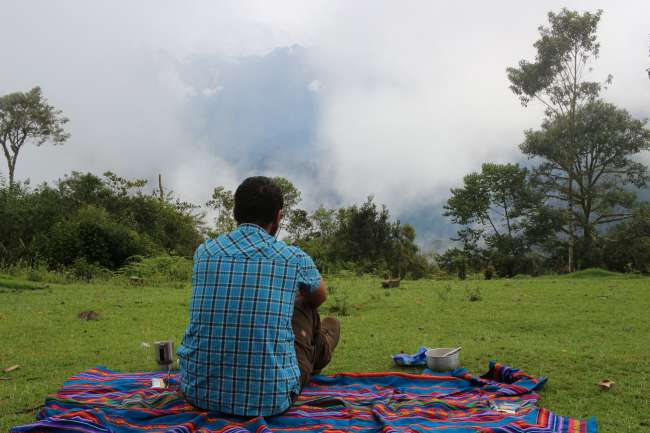
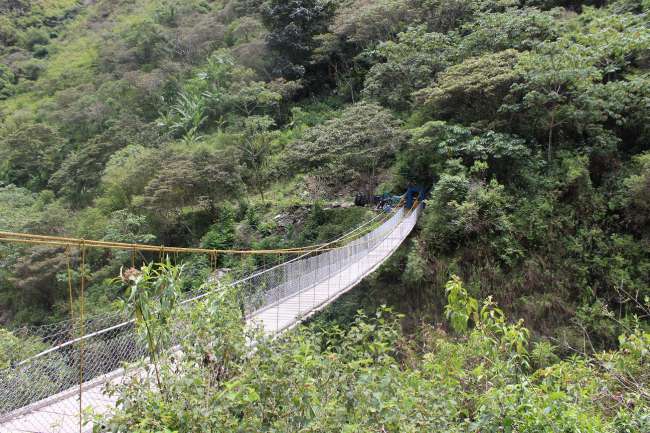
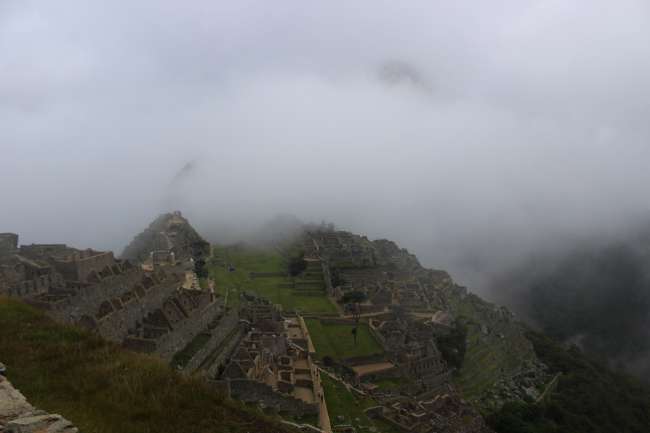
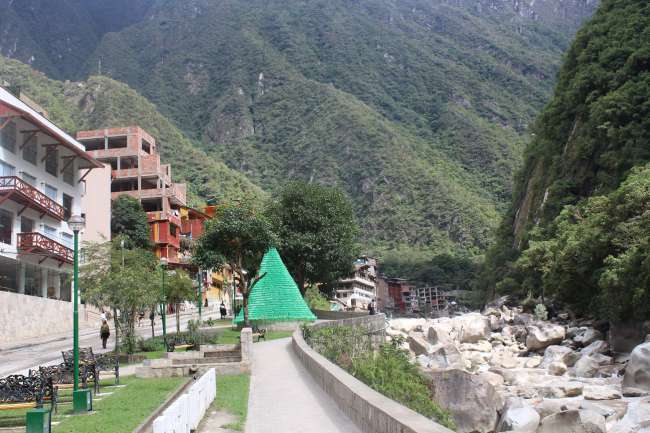
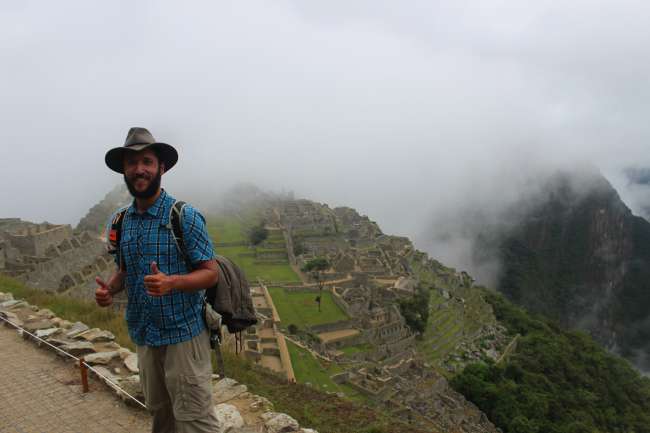
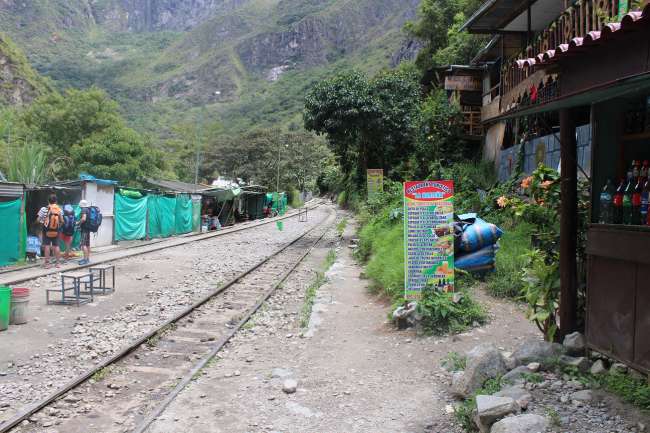
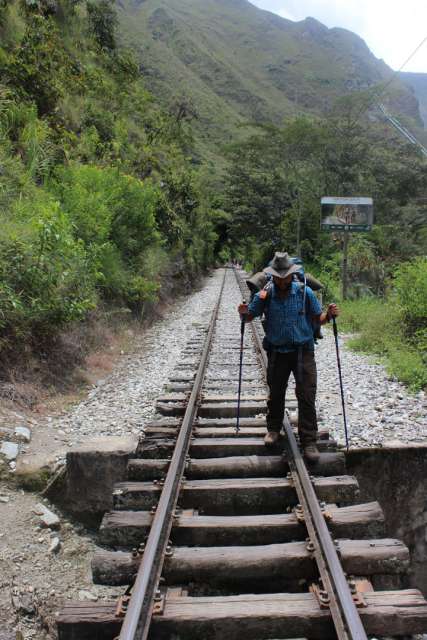
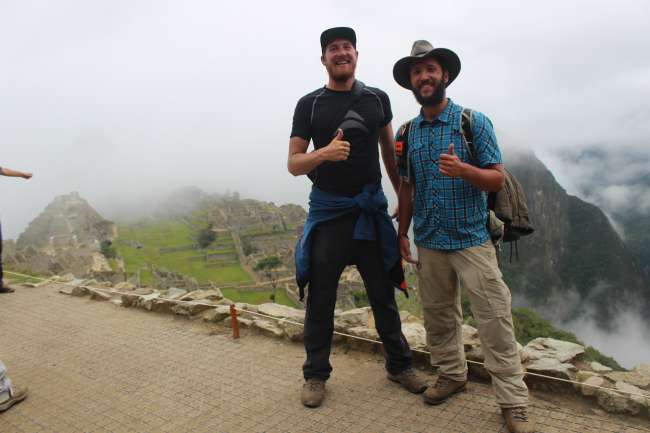
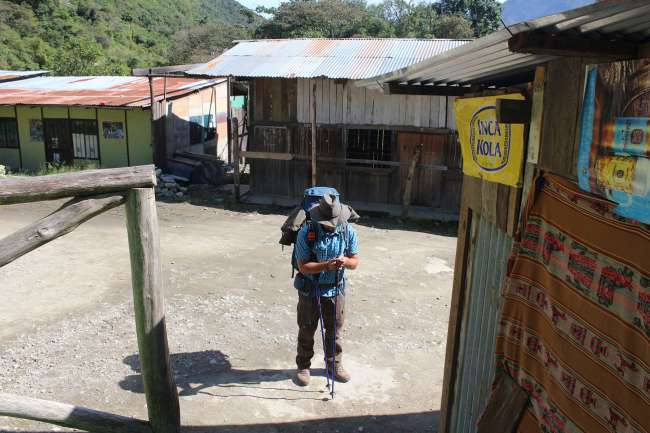
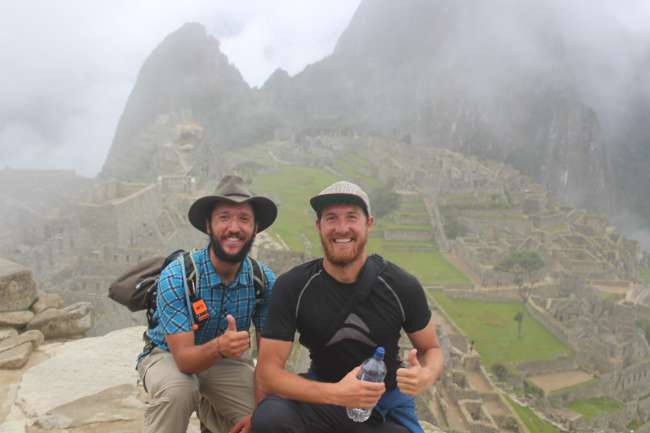
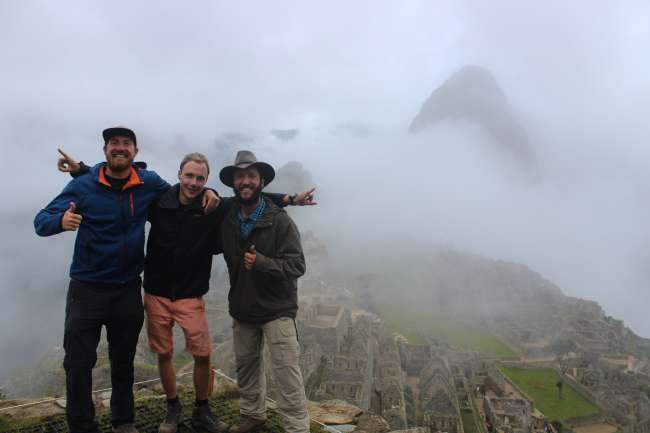
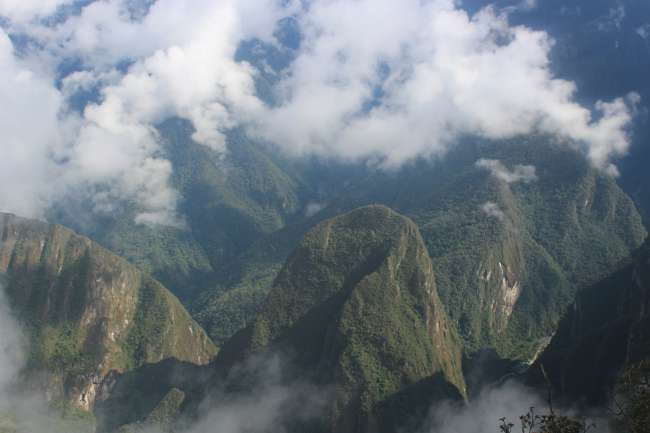
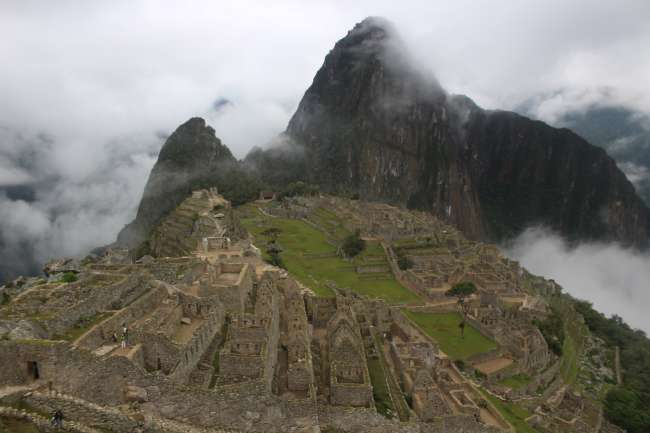
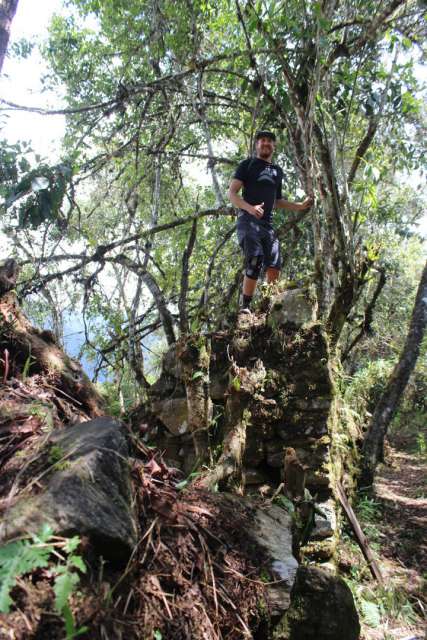
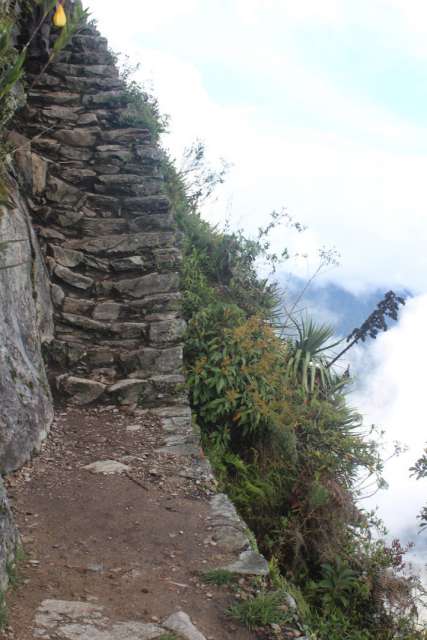
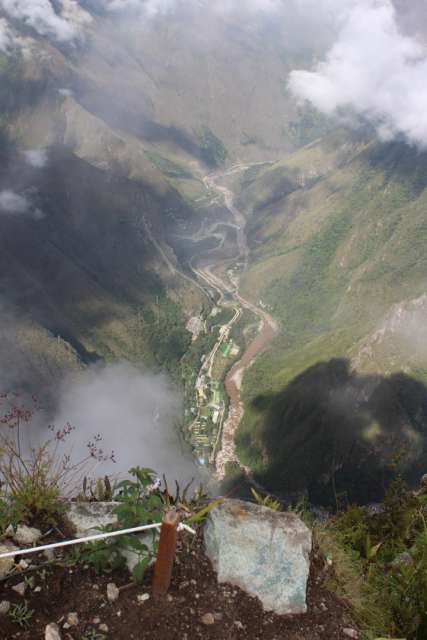
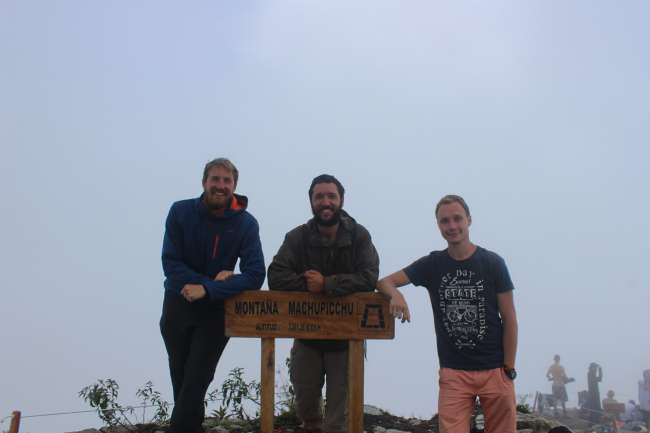
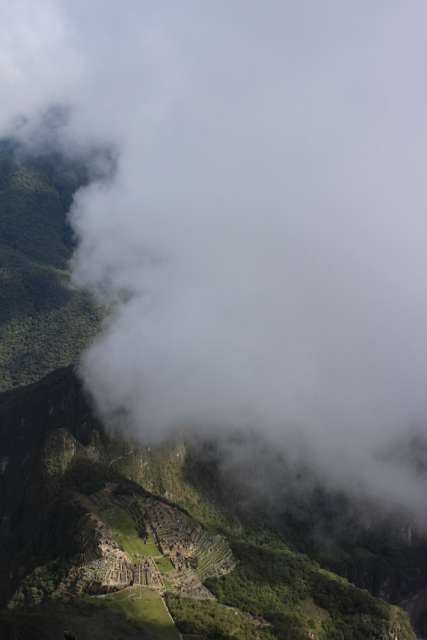
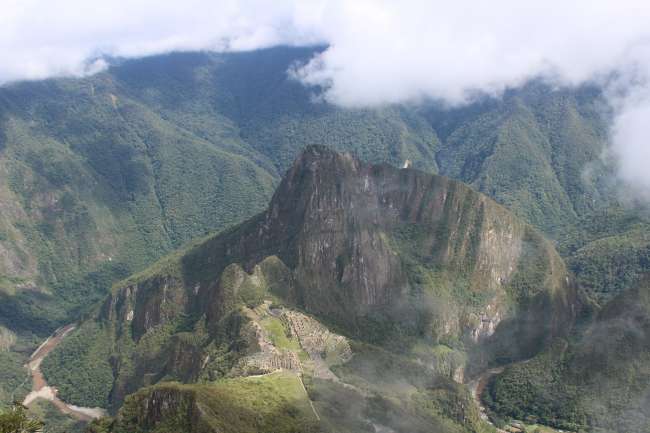
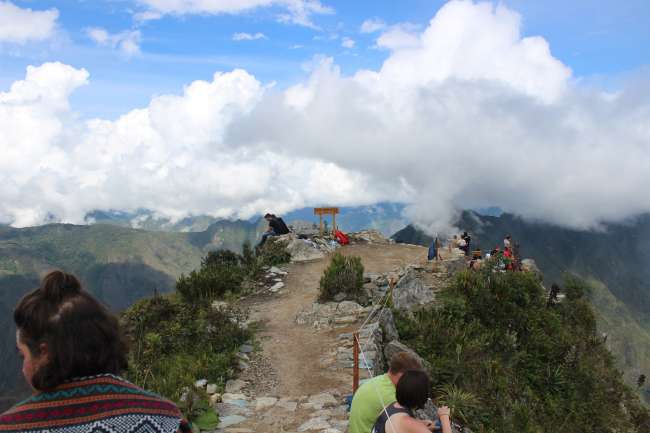
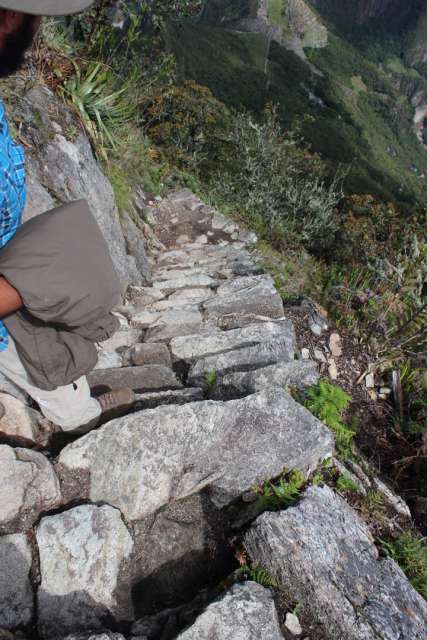
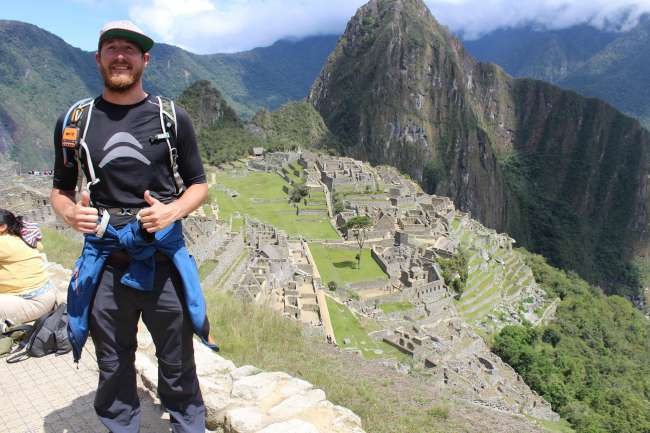
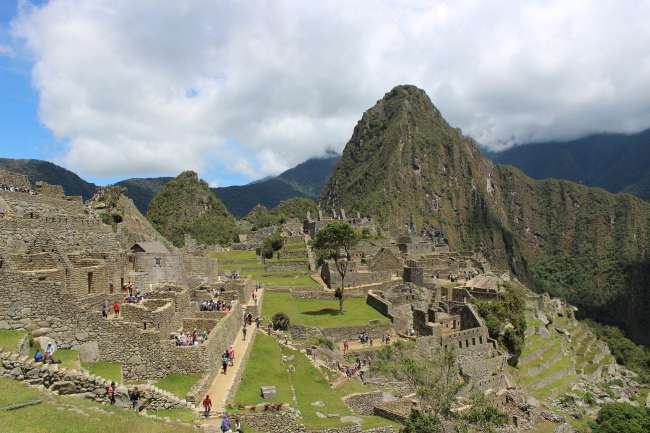
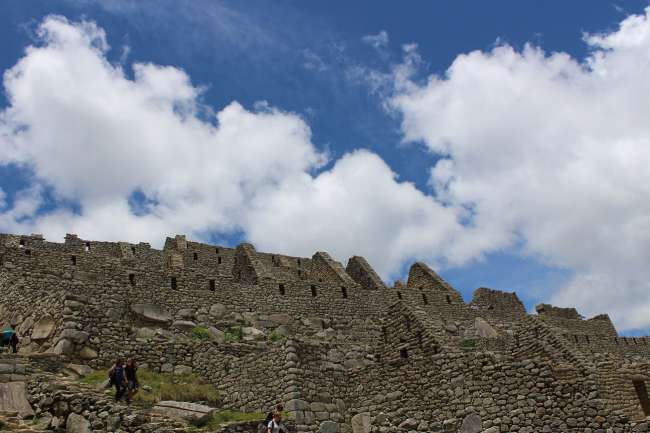
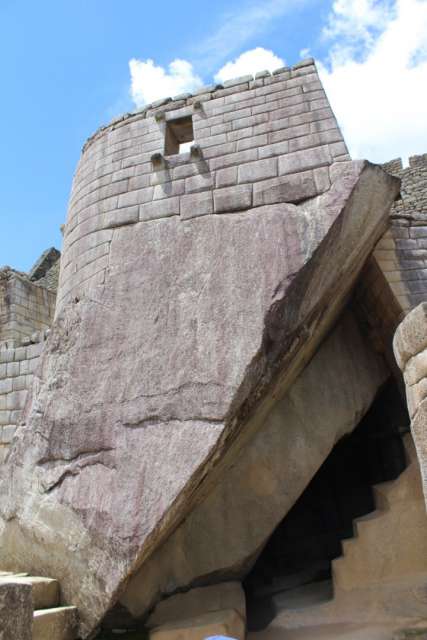
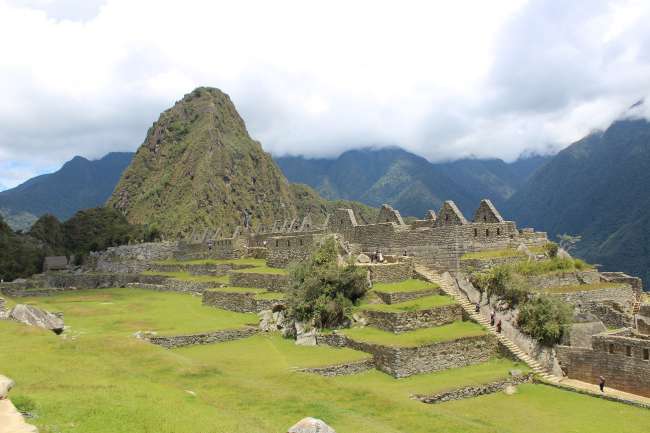
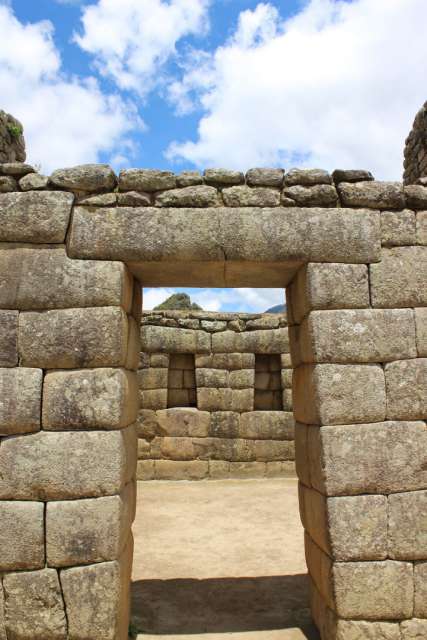
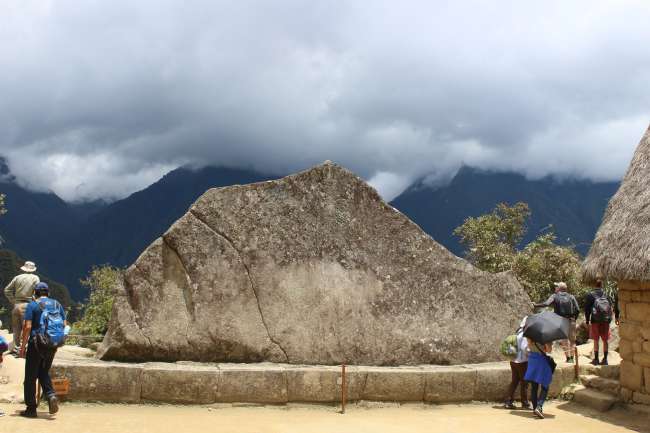
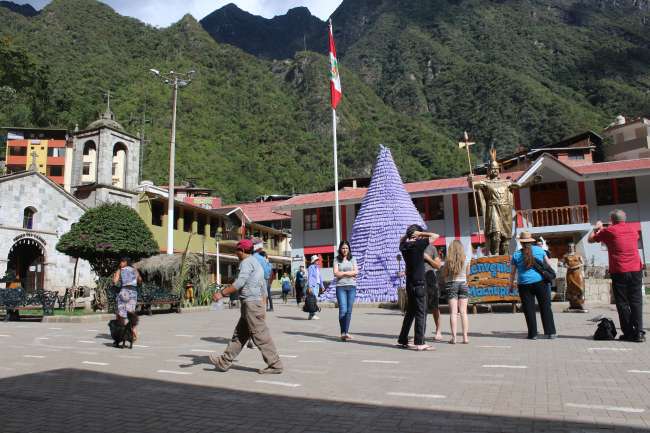
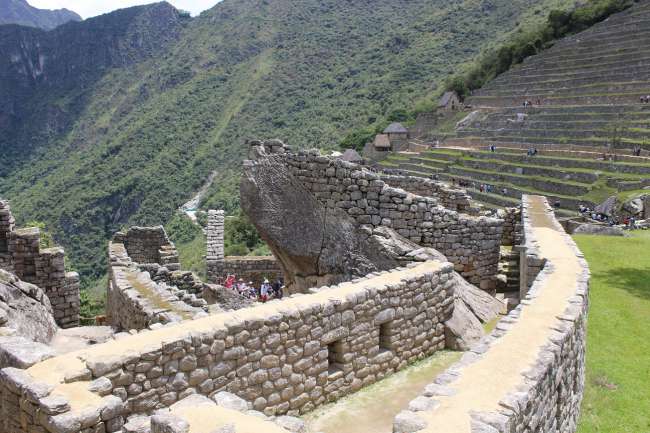
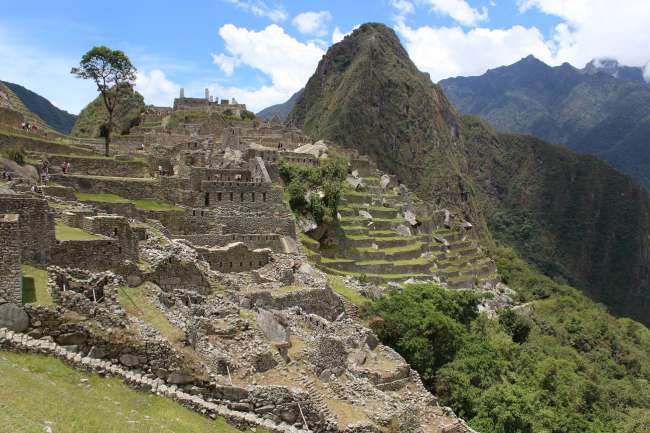
نيوز ليٽر جي رڪنيت حاصل ڪريو
Due to Max's cold and my knee problems, we unfortunately had to realize that the Salkantay trek was not going to happen. So we looked for an alternative because we already had tickets to Machu Picchu. Since we both didn't really feel like doing a tour, we did some research and thanks to our receptionist Erik, we found a possible alternative. Allegedly, there are other untouched and original ruins near Machu Picchu where no one can be found. Llactapata!
With this knowledge, we started planning a small 4-day expedition with the goal of reaching Machu Picchu. So, the weekend was spent shopping, figuring out bus routes, and buying some equipment (finally hiking poles). But we also had to do some partying in Cusco. ;)
Monday morning arrived and we boarded the bus to Santa Teresa at 7:50 am after a good night's sleep. After five hours of relatively relaxed bus ride, we reached our destination. From there, we organized a taxi and drove another hour on gravel roads to the first camping spot, La Playa. There we met a German couple who had just completed the famous Salkantay trek and Enrique, a Peruvian traveling in his hammock. Luckily, there was also beer available here, so we had a cozy evening with tips for further travels, etc. The next morning, we started early again as there were several meters of altitude to conquer. La Playa is located at about 2000m, right in the middle of dense mountain jungle. So, shortly after our usual breakfast of porridge, we loaded our 15kg backpacks and started the uphill climb. But first, we walked for another 15 minutes along the beautiful mountain river surrounded by green mountain slopes that rise up to 3500m. When the ascent begins, the sun slowly rises over the peaks, and we climb the mountain on narrow Inca trails, steep mountain slopes, and through dense jungle. Eventually, the jungle turns into dense cloud forest, and we need a few short breaks because sweat is pouring down on us. After about two hours, we reach the highest point of the day at about 3000m. The hardest part is over. A small sign by the roadside suggests a path to more ruins, so we start using the sticks to battle through the narrow dense path. Unfortunately, we don't find any ruins, but we do find a gigantic viewpoint with a view of the legendary Machu Picchu and the Urubamba Valley. From there, we go back along the narrow path, and I regret not having bought a machete yet. After another half an hour, we reach the ruins of Llactapata, which are about 300m below the ridge of the mountain. We don't see a soul anywhere, so we start exploring. Everything here is still original: trees growing out of the walls, some walls have collapsed, and we have to fight our way through tall grass. All of this is rewarded with a breathtaking view of Machu Picchu and the surrounding gigantic and deep green mountains. After about an hour, we continue our march because it's starting to look like rain. About an hour later, we reach our camp for the night. Here, too, we have a magnificent view of the famous ruins and the surrounding mountain world, but there is no water in sight, and the only possible bathroom with water is guarded by two barking dogs. So, we prepare everything necessary for survival. We set up the tent and use our ponchos and newly acquired sticks to create a kind of tent canopy, which is converted into a rainwater collector. The cap serves as the center and outlet point where we collect rainwater with the help of pots and then filter it through the water filter. This should at least provide us with enough water for tonight. Now we just have to wait for the rain. It starts around 6 pm, and behold, a monsoon-like rain manages to provide us with enough water for the evening and the entire next day in just half an hour. So, we finally have the long-awaited instant noodles and a hot cup of coca tea. The next morning, we take our time and enjoy the spectacle of the clouds rising from the valley and the magnificent views. Then it's time to pack up, saddle up, and start walking again. We have about two hours of steep and slippery descents ahead. The humid and hot environment adds to the challenge, so we reach the river completely soaked in sweat. After another hour, we reach the Hydroelectrica, which is where we have to walk for another two hours along the operating railroad tracks to Aqua Calientes, the starting point for Machu Picchu. Once we arrive there, we find a simple accommodation for 11 Euros and a long-awaited shower. In the evening, we happen to meet many familiar faces before going to bed early because the alarm goes off at 4 am again. We meet Stephan, the Dutchman whom we had already completed the Colca Canyon with, at 4:30 am, and at 4:45 am, we are already standing in line to climb the stairs to Machu Picchu. Finally, at 5 am, we start and quickly make our way to the front of the group. 51 minutes later, we reach the entrance gate. Just in time for the opening. We rush in and by coincidence, we end up at the standard photo spot with an incredible view of the ruins still covered in fog. Wow!
But there is only time for a quick breakfast before we start climbing Machu Picchu Mountain. We still have to conquer another 600 meters of altitude on stairs. So, together with Stephan, we make our way up the difficult path. It is particularly noticeable that the Incas built especially high and steep steps that seem more suitable for 2-meter people than for small Incas. Once we reach the top, we wait for about 10 minutes in the clouds before the spectacle unfolds. What a view. The truly special thing about Machu Picchu is not just these ruins, but everything around them! These steep impenetrable mountains surround Machu Picchu like an impregnable fortress. No wonder these ruins were only discovered in 1911. At Machu Picchu, we engage in a meditation exercise before starting the descent. PS: If you have a fear of heights, you shouldn't climb up here. Steep narrow stairs without handrails along cliffs and an barely secured viewpoint at the steep wall await you. We loved it!
After our descent, we quickly find a guide because we want to learn more. The guide is quickly found, and we embark on a two-hour journey through the Inca Empire. The days have taken a toll on us, and we feel physically exhausted. The midday sun adds to it. We learn about the Sun Temple, which is built in such a way that the rising sun on the summer solstice aligns perfectly with the mountain peak of one of the surrounding mountains, shining through a window onto a stone lying in the Sun Temple, making it glow. The same thing happens on December 22nd through the Sun Gate at the Inca Bridge, a kind of entrance portal to the city. Damn, today is the 22nd! If only we had known that beforehand. We learn more about construction methods, lifestyles, the myths, and the unclear meaning of Machu Picchu. This mystical city still poses so many mysteries. After the tour, it's time for us to go downhill. We are physically exhausted, incredibly hungry, and we have a train to catch at 4 pm. Back in Cusco in the evening, we are looking forward to a hot shower and are glad that we conquered Machu Picchu through our own expedition. It was truly impressive!
Warm greetings and Merry Christmas
Max and Marius
نيوز ليٽر جي رڪنيت حاصل ڪريو
جواب
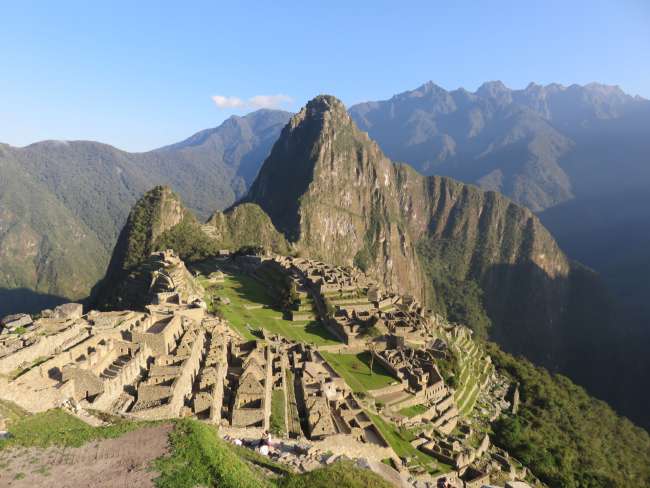
سفر جون رپورٽون پيرو
